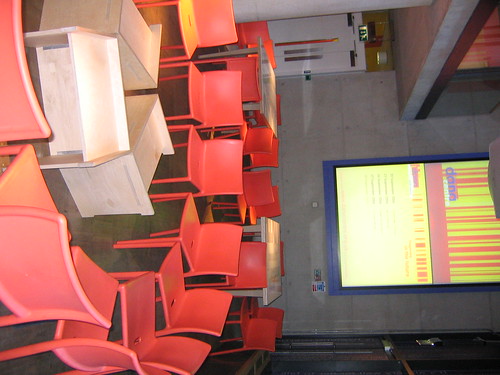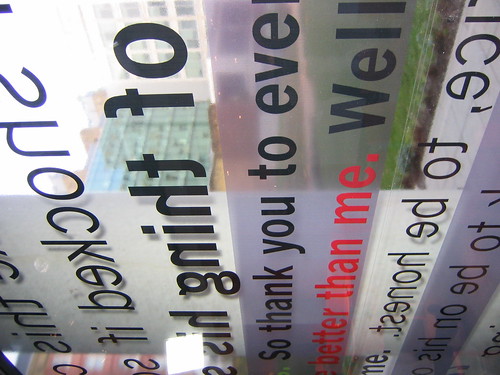Science Podcasts
 The online copy of the Guardian nowadays offers more than just a newspaper service; including blogs, talk (online discussions) and podcasts, all of which cover a range of topics including ‘science’.
The online copy of the Guardian nowadays offers more than just a newspaper service; including blogs, talk (online discussions) and podcasts, all of which cover a range of topics including ‘science’.
The science podcasts are updated every Monday and come in handy half hour segments that aim to cover the topical science stories featured in the media that week. Their typical format is to feature two different stories with plenty of information and discussion usually including a guest speaker. In between the longer items there is a quick round up of the other newsworthy science stories of the week. If there is time they also have a final section where listeners’ letters are read out and the presenters are able to respond.
The subjects that the science podcast has delved into this past month have been wide ranging…from the ethical considerations and implications of a DNA database to the use of a space station for golf practice. The style is quite informal and there is a good mix of presenters and experts giving information and their opinions, which makes for lively listening. Often the editor of the arts podcast is one of the co-presenters as apparently she adds the “voice of reason”. I’m not sure about the message this sends out…can’t the scientists speaking do this? And I bet there isn’t the science editor included in the arts podcast!
Overall though I think the Guardian science podcast offers an excellent way of keeping up to date with weekly science stories and is incredibly easy to access. Although if you are tempted to have a listen be prepared to be deafened as they obviously have difficulty editing the music and voice clips to be at the same audio level!






